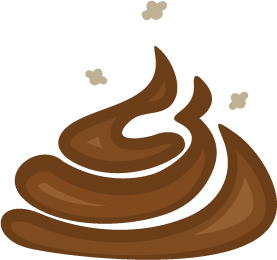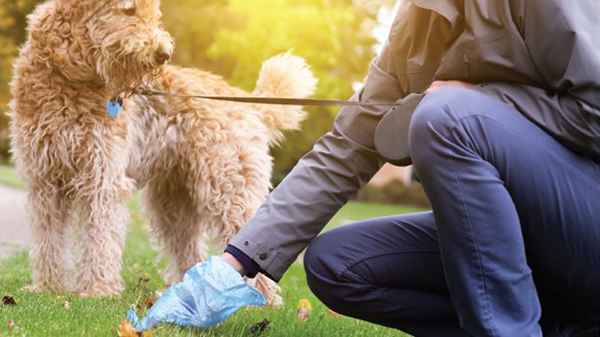- Programs
- What You Can Do
- Regional Consortiums
- Statewide Survey
- Activity Database
- Meet the Team
Pet owners play an important role in helping to keep South Carolina’s water resources clean and safe. If pet waste is not properly disposed of, the resulting bacterial pollution can make it unsafe for people, pets, and wildlife to swim, drink, or fish in local waterways. Common health concerns from contact with polluted waterways include gastrointestinal issues, swimmer's itch, and eye infections.
On average, pet waste contains significantly more harmful bacteria than human waste. There are an estimated 1,423,000 dogs in South Carolina that produce over 1,067,250 pounds of waste each day. When this pet waste is left on the ground, harmful bacteria can enter our rivers, streams, lakes, and beaches through stormwater runoff . Not only does pet waste stink, but if not properly managed, it can also keep us from using and enjoying our precious local waterways.
Take the Pledge!Pet Waste Stinks!

Bacteria is the most frequently listed water pollutant in South Carolina. One source of bacterial pollution is pet waste. On average, pet waste contains significantly more harmful bacteria than human waste.

There are an estimated 1,423,000 dogs in South Carolina. The average dog produces .75 pounds of waste each day. Over 1,067,250 pounds of dog waste is deposited in South Carolina every single day.

Harmful bacteria from pet waste can enter our water ways through stormwater runoff. All stormwater is untreated and pollution left on land can ultimately end up in our creeks and rivers.

You can help!
1. Clean up after your pet every single time. That includes both in the yard and on walks.
2. Be prepared. Always bring a bag!
3. Dispose of pet waste properly. Put it in the trash or flush it down the toilet.
NOTE: Untreated pet waste should NOT be used as fertilizer.
Watch, Read, Share
Take the Pet Waste Pledge!
2018 Pet Waste Campaign


